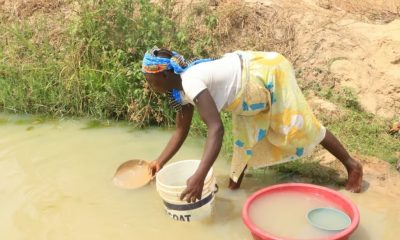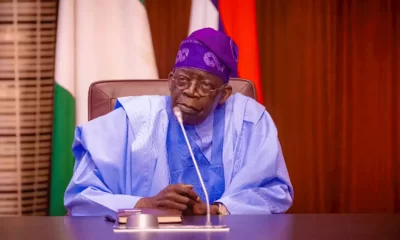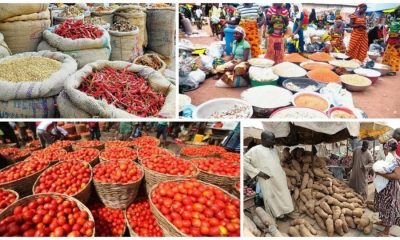The African Development Bank has revealed debt servicing gulps more than 50 per cent of Nigeria’s revenue.
The bank said this in its West Africa Economic Outlook 2019.
According to AfDB, the average revenue spent by West African countries on external debt servicing is 17 per cent—but Nigerian spends 50 percent of its revenue on external debt servicing.
It added the rate will be much higher if the percentage of revenues spent on debt servicing in Nigeria is factored in.
The bank said that even though the country’s debt burden has increased by as much as 128 per cent in the last eight years, Nigeria’s debt to Gross Domestic Product remains low.
“Cape Verde had the highest external debt-to-GDP ratio in 2018, an estimated 103 per cent, followed by Senegal, Niger, and Sierra Leone. Liberia had the highest rate of debt accumulation between 2010 and 2018, at 329 per cent, followed by Nigeria at 128 per cent, the bank stated.
“Despite the increase, Nigeria still has one of the lowest external debt-to-GDP ratios, at 15.2 per cent. Benin, Guinea-Bissau and Togo also have a ratio below 25 per cent.
“The rapid increase in external indebtedness remains a challenge, especially given the shift toward non-concessional external debt. Debt service payments have also increased since 2010 and are projected to remain high in the medium term.”
The increase, it said, has heightened the fiscal burden in an already fiscally and growth-constrained environment. This raises important concerns regarding the sustainability of external debt. West African countries spend an average of 17 per cent of revenue on servicing external debt.
“In a country where only six per cent of GDP is collected in revenue, the high burden of debt service is a major concern.
“Ghana falls into a similar category, with debt service accounting for 40 per cent of revenue. The rising debt burden drove up to the proportion of revenue allocated to servicing external debt to about 500 per cent. This is a country once hailed as an example of a state with a strong commitment to structural and macroeconomic reforms in the post-Heavy Indebted Poor Countries debt relief initiative.”
The authorities in Ghana and Nigeria recognise the potential risk of rising unproductive debt to growth and to the economy more generally. In both cases, it said, the debt service burden was projected to decline.
The federal government under President Muhammadu Buhari spent N2.21tn on domestic debt servicing only in the first nine months of 2018. About N2.01tn was budgeted for total public debt servicing in the entire year.
For countries moving from low-income status to middle-income status such as Nigeria, the possibility of accessing concessional debt or increasing the proportion of grants appeared remote, the bank said..
Their strategy should, therefore, be to contract debt of longer maturities and favourable terms, including longer grace periods that coincided with the gestation of the projects that the debt financed, the AfDB said.

 Business7 days ago
Business7 days ago
 Business6 days ago
Business6 days ago
 Education6 days ago
Education6 days ago
 Crime7 days ago
Crime7 days ago
 Football14 hours ago
Football14 hours ago
 Covid-196 days ago
Covid-196 days ago
 Business7 days ago
Business7 days ago
 Latest4 days ago
Latest4 days ago













